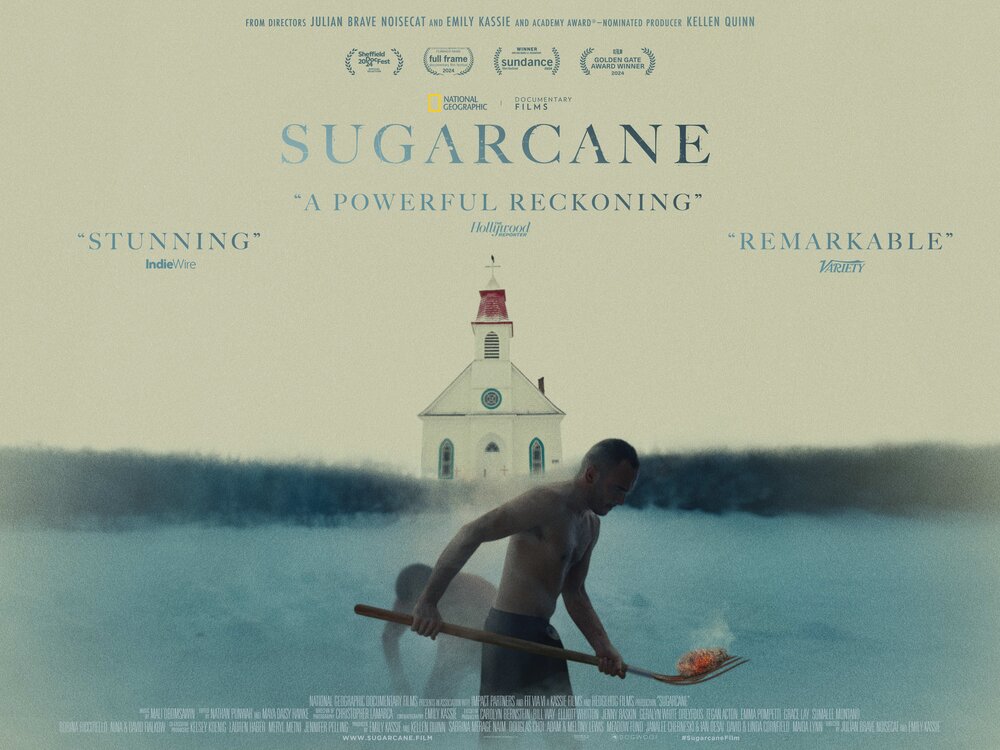
Emily Kassie will be screening and speaking about Sugarcane - an investigation of systematic abuse at an Indian residential school in Canada
Gates Cambridge Scholar Emily Kassie will be screening and speaking about her award-winning documentary film Sugarcane in Cambridge next week.
Sugarcane won the US Documentary Directing Award at the Sundance Film Festival earlier this year for its investigation into systematic abuse at an Indian residential school in Canada.
Emily co-directed and co-produced the film which is described as “a gripping investigation of unmarked graves at an Indian residential school”. It uncovers a litany of forced family separation, physical and sexual abuse at a school run by the Catholic Church and the impact that has on survivors and descendants, including the film’s co-director Julian BraveNoiseCat.
Sugarcane focuses on the Saint Joseph Mission School, one of 139 residential schools for Indigenous children that operated in Williams Lake, British Columbia. The aim of schools like Saint Joseph’s was the assimilation of young Indigenous people by removing them from their communities and suppressing their traditional languages, cultural practices and identities.
The Sundance jury praised its “sensitive cinematography, careful producing and editing that interweaves multiple narratives” and “its important voice for truth and healing”.
The jury citation states: “These directors helped illuminate the urgency of history and the interconnected, multi-generational crimes experienced by a community.”
The screening takes place at Bill Gates Senior House on 17th September from 6-8.30pm. The last 40 minutes will be reserved for a Q & A between fellow Gates Cambridge Scholar Shealynn Hendry [2022] and Emily about the film.
Emily [2016], who did her master’s in International Relations at the University of Cambridge, is an Emmy and Peabody-nominated investigative journalist and filmmaker. She has won numerous awards for her films which cover geopolitical conflict, humanitarian crises and the stories of people caught in the crossfire for The New York Times, Netflix, PBS Frontline and The Guardian, amongst others. Her recent directing credits include Undocumented in the pandemic [PBS], The end of oil explained [Netflix] and Anatomy of Hate [Time]. Emily previously oversaw visual journalism at Highline, Huffington Post’s investigative magazine, and at The Marshall Project. In 2019, POYi recognised her as Multimedia Journalist of the Year, and in 2020 she was named i the Forbes “30 Under 30” list.
* To sign up for the screening, click here.












